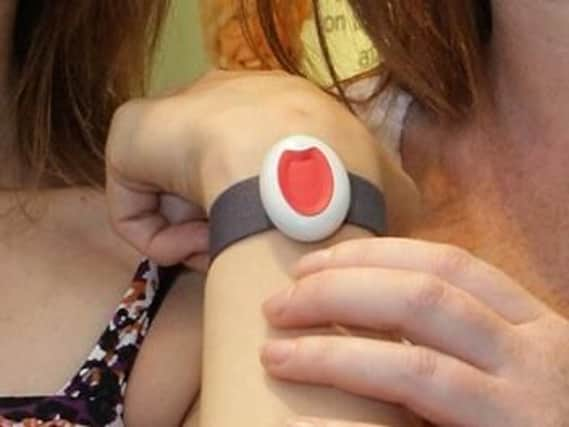Sheffield care alarm service ‘updated’ after 89-year-old dies


City Wide Care Alarms (CWCA) is a council-run service enabling people to use a portable alarm button to call for help if they fall or get into other difficulties.
It supports thousands of people across the city, according to Sheffield Council’s website, who pay around £5 a week for the added peace of mind it brings them and their families.


Advertisement
Hide AdAdvertisement
Hide AdAllan Shepard, whose family had arranged for him to use the service, died on February 8 last year after falling at home while being helped from his wheelchair in a hoist by his son.
An inquest heard how his son had alerted CWCA’s call centre and asked for a responder, who is supposed to arrive within 30 minutes when someone has fallen.
But one of the two crews covering the city that day had only a single staff member, rather than the usual two, and the policy in place prevented that person from attending alone.
Instead, the operator allocated the incident to the ambulance service, which had a four-hour response time.
Advertisement
Hide AdAdvertisement
Hide AdWhile Mr Shepard was waiting for assistance, trapped in his hoist, he ran into difficulties with his breathing.
His son told the call centre and the priority was upgraded with the ambulance service, but by the time paramedics arrived he had already lost consciousness, and he died later that day in hospital.
Angharad Davies, assistant coroner for South Yorkshire, concluded that Mr Shepard’s death from suffocation could have been prevented.
She has written to the council’s chief executive John Mothersole and the CWCA manager, in what is known as a Regulation 28 report, with recommendations for action to prevent future deaths.
Advertisement
Hide AdAdvertisement
Hide AdShe advised bosses to review staffing levels and systems for providing cover, and to reconsider its policy about not sending single responders when there is someone already at the scene who may be able to help them.
She also highlighted how the information about Mr Shepard and his family had not been updated since 2015 and it was not known that Mr Shepard’s son was visually impaired, making it harder to see the difficulty his father was in.
She said updated details had been given to CWCA but this was not passed on to the third party call centre contractors the service used.
“In my opinion action should be taken to prevent future deaths and I believe you or your organisation have the power to take such action,” she concluded.
Advertisement
Hide AdAdvertisement
Hide AdThe report was dated October 23 last year but was only made public last week.
Sheffield Council said changes had already been made to reflect the concerns raised at the inquest.
Phil Holmes, director of adult services, said: “The council is very sorry about the death of Mr Shepard and our thoughts remain with his family.
“Our City Wide Care Alarm staff did the right thing by immediately contacting an ambulance once they were aware of the seriousness of the situation.
Advertisement
Hide AdAdvertisement
Hide Ad“The council has now updated procedures to ensure that, even if for any unforeseen reason only one worker is available for an urgent response, they will still visit in the event of a fall.
“Even though it won’t be safe for one person to attempt to move or lift an individual who has fallen, they can still help ensure that they remain comfortable until other support arrives.
“This change was made from the beginning of January this year. City Wide Care Alarms are also ensuring that all information held about people supported is updated on at least an annual basis to help keep pace with any changing needs.”
